Going to winter sports by car: what you need to know
Written by Olivier Duquesne on 02/09/2023
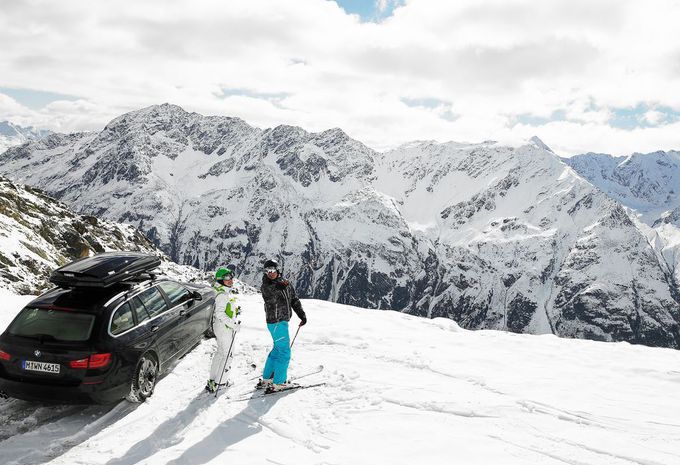
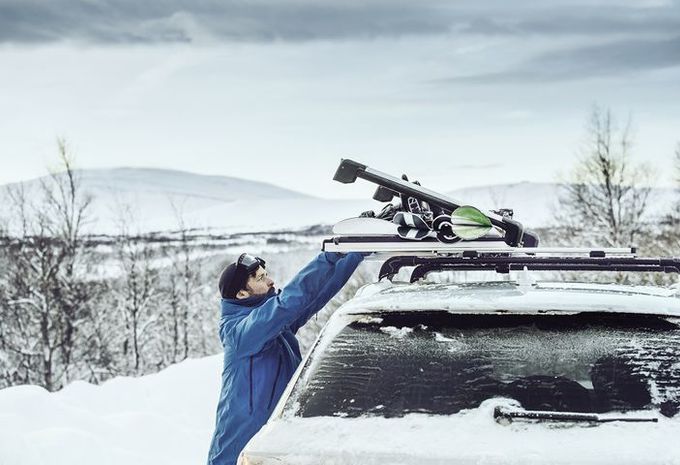
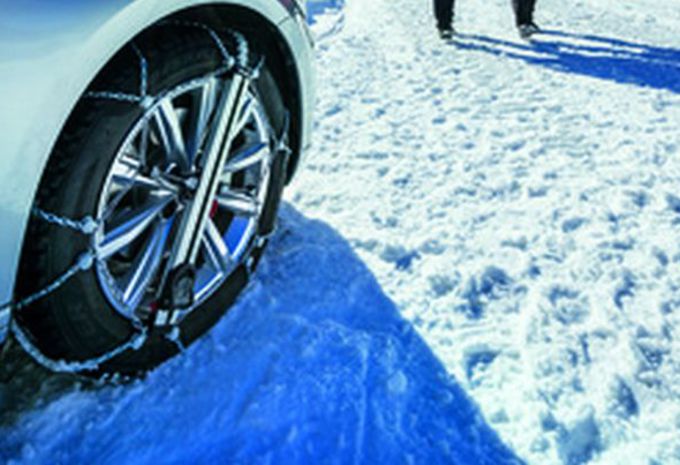

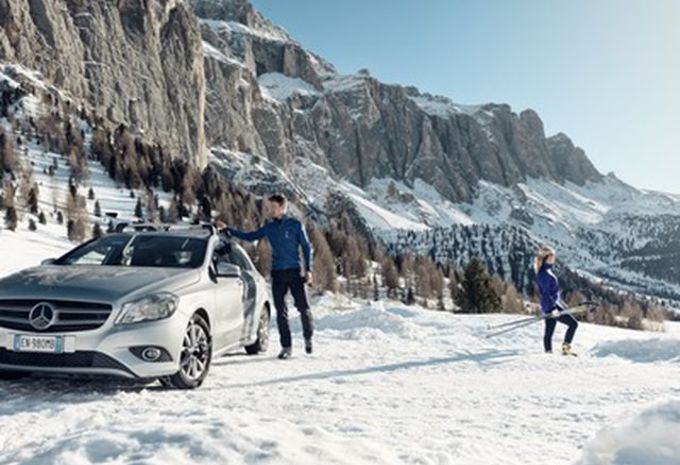
The holidays are looming with, for some, a departure for the snow. Here are the tips and things not to forget when reaching the slopes of the Alps or the Pyrenees.
- Before leaving
- Tolls and vignettes
- Roof boxes
- Winter tires and chains
- Driving on snow
- Driving in a long tunnel
- Highway codes
- Other useful information
Prepare your trip
Even more than in summer, it is important to properly prepare your trip to winter sports. It is useful to plan at least one alternative route in the event of severe bad weather on the route initially planned. Consulting the weather forecast before departure is a good reflex to adopt. As a precaution, it is necessary to bring drinks (water or fruit juice), some snacks (dried fruit, crackers, apples, dried sausages, chocolate) as well as blankets in the event of a blockage on the road. It is essential to have gloves, a scraper, antifreeze and anti-frost. It is also wise to have a shovel and brush in the trunk to be able to clear the snow. We must also not forget the various obligations (reflective vests, car seats for children , chains, winter tires ) in the countries crossed as well as all passenger identity papers and vehicle on-board documents. And then, before leaving, we check the condition of the battery, the windshield washer reservoir and the general condition of the vehicle (tires, windshield wipers, headlights, taillights, fog lights, flashing lights, brakes). Finally, it is necessary to provide good repatriation insurance which will be of great help in the event of an accident on the slopes making it impossible to drive a car for the return to Belgium.
- General tips for driving holidays
- Online maps
- Real-time navigation apps
- Emergency and repatriation insurance
- Countries covered by the green card
- Traveling with children
Tolls and vignettes
Several countries have introduced tolls for motorways, bridges and tunnels (Austria, Spain, France, Italy). There are also motorway stickers (Austria, Switzerland) as well as eco-passilles (Germany, France) and traffic restrictions (Germany, Spain, France, Italy, Switzerland).
- Electronic toll badges compatible in different countries
- Environmental sticker in Germany
- Vignettes and tolls in Austria
- Tolls in Spain
- Traffic restrictions in Spain
- Tolls in France
- Crit’Air eco-pastilles in France
- Tolls in Italy
- ZTL in Italy
- Vignette and tolls in Switzerland
- Vignettes and tolls throughout Europe
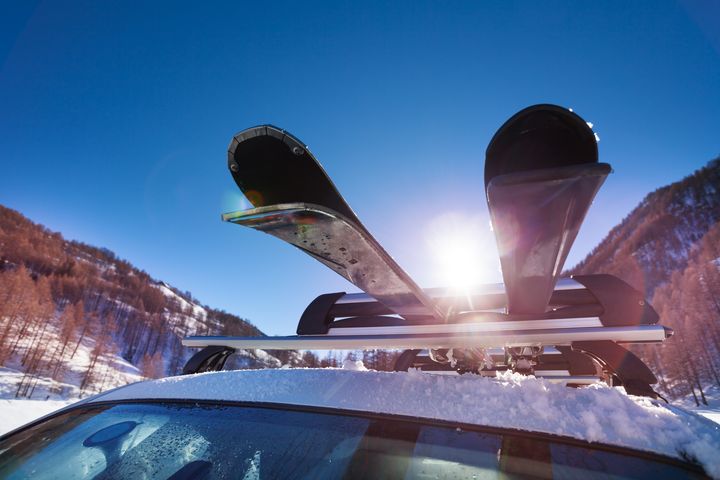
Roof boxes
Skis and winter sports equipment often find space in a roof box, or on a specific rack. Here’s what you need to know about this accessory, which can also be rented. Please note: you must know the total height of the vehicle to avoid unpleasant surprises when entering an underground car park or at the toll booth.
Winter chains and tires
Winter tires are essential in mountainous regions and very generally compulsory (Germany, Austria, France, Italy, Switzerland). And even with winter tires, it is sometimes mandatory to install chains on the drive wheels. Fortunately, it is possible to rent it during vacations.
- Choosing and installing channels
- Winter tire comparison
- 4 season tire comparison
- Countries requiring winter tires
- Everything you need to know about tires
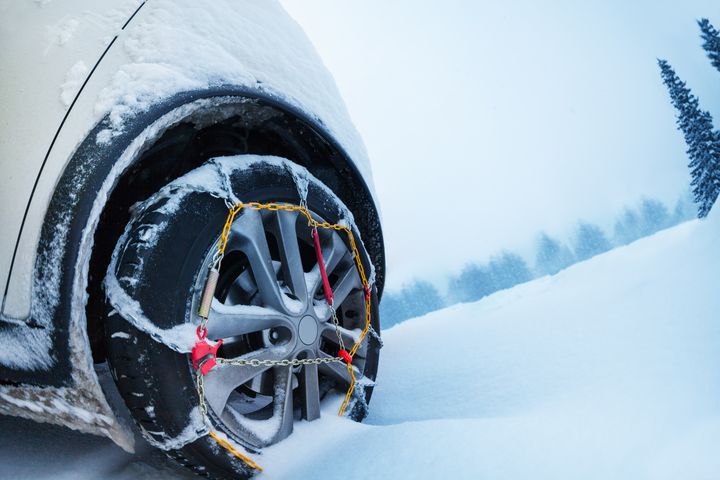
Driving in winter conditions
It is dangerous to leave with an undefrosted car and with your view obscured by snow. Some countries are even very strict (Germany, Austria, Switzerland) on proper defrosting and snow removal from the vehicle before hitting the road. In addition, driving on snow and frost requires more anticipation and certain reflexes to keep in mind. Finally, winter tires are not a luxury.
Highway codes
Contrary to popular belief, highway codes differ between European countries. Sometimes these are details, sometimes not: particularly when it comes to speeds, parking, overtaking, priorities, winter tires and compulsory special seats for children. Finally, it is not recommended to exceed the spreading services. It is sometimes even prohibited under certain conditions in certain countries, such as in France.
- Highway Code in Germany
- Highway Code in Austria
- Highway Code in Spain
- Highway Code in France
- Highway Code in the Grand Duchy of Luxembourg
- Highway Code in Italy
- Traffic law in the Czech Republic
- Highway Code in Slovenia
- Highway Code in Switzerland
- Speed limits in Europe
- Car seat requirements for children (from 1.35 m to 1.50 m depending on the country)
- Blood alcohol levels in European countries (we do not abuse mulled wine and local wines)
- Other traffic codes (17 countries) .
